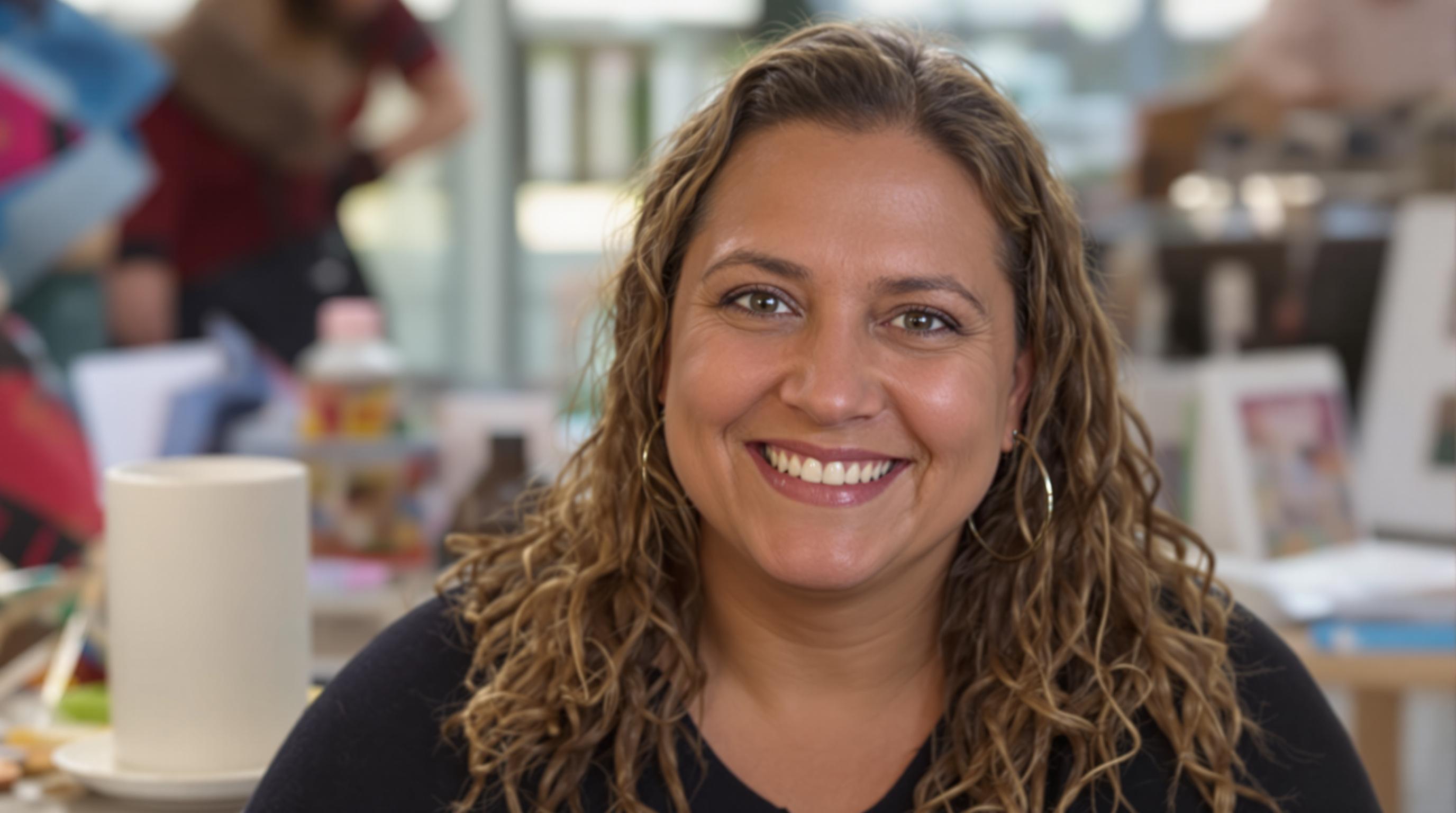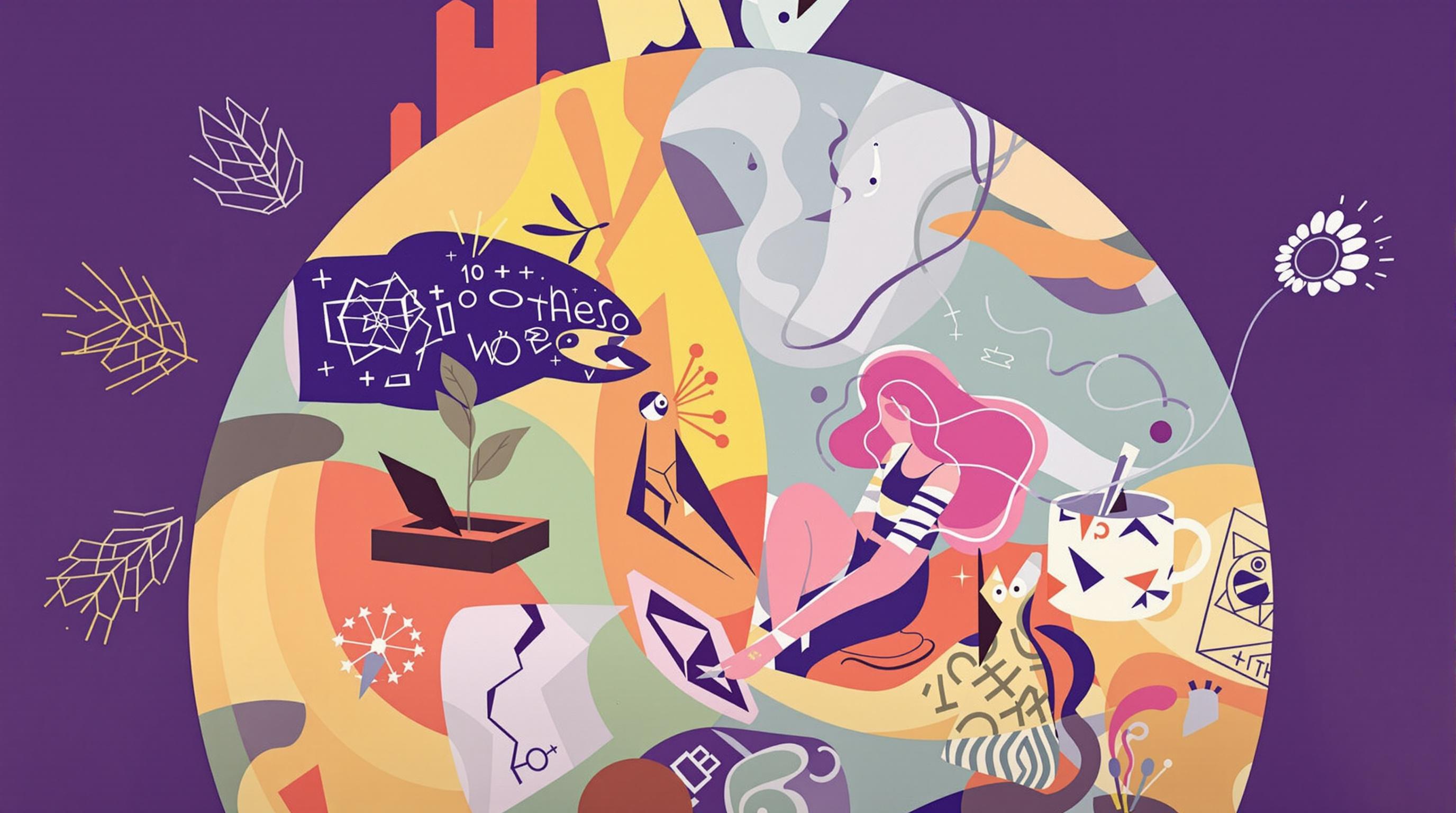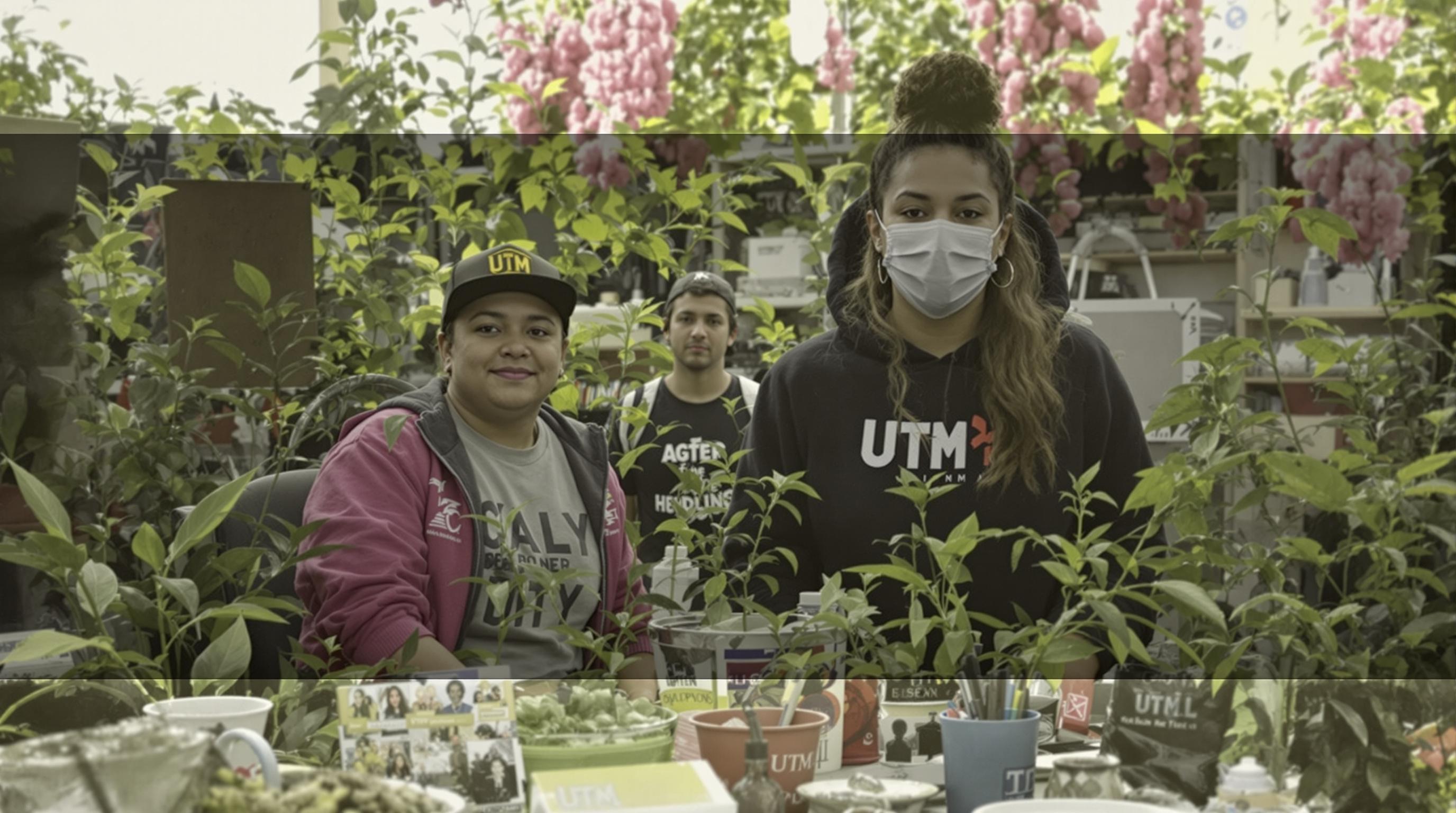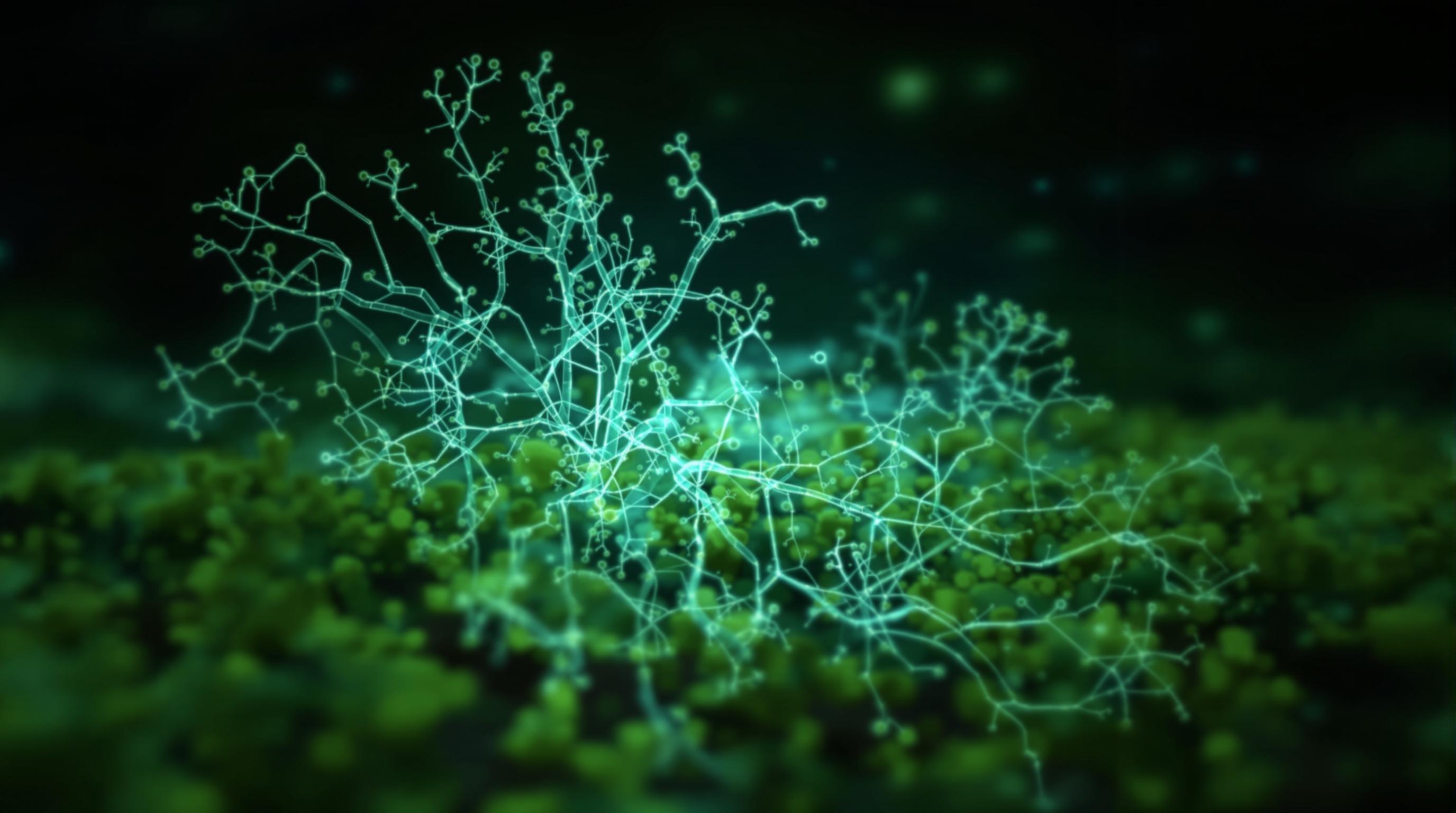Related Articles
- Cultivating Chaos: The Surprising Benefits of Disorder in Sustainable Community Movements
- The Silent Revolution: How Micro-Communities Challenge the Norms of Eco-Conscious Governance
- Rethinking Romance: The Unexpected Impact of Sustainable Love Stories on Community Commitment
- Invisible Workspaces: How the Arrangement of Unseen Elements Shapes Your Daily Workflow and Mental Clarity
- The Hidden Costs of Clutter: How Excess Items in Your Workspace Affect Your Wallet and Well-Being
- Unlocking Creativity: The Unexpected Benefits of Furniture Arrangement on Your Daily Workflow at Home
10 Secret Ingredients: Crafting Community Resilience Through New-Age Indigenous Practices in Sustainable Organizing
10 Secret Ingredients: Crafting Community Resilience Through New-Age Indigenous Practices in Sustainable Organizing
10 Secret Ingredients: Crafting Community Resilience Through New-Age Indigenous Practices in Sustainable Organizing
1. Understanding Indigenous Wisdom
The foundation of crafting community resilience lies in understanding and respecting Indigenous wisdom, which has been passed down through generations. This knowledge is not merely historical; it offers practical insights into sustainable living and community organizing that are increasingly relevant in today's world.
Indigenous cultures have maintained a deep connection to the land and ecosystems while fostering community bonds. They teach us that resilience is not just an individual endeavor but a collective one, emphasizing the importance of community practices and shared resources.
As we grapple with global challenges like climate change and social inequities, incorporating Indigenous wisdom into modern organizing strategies can yield profound benefits. The synergy of ancient practices and contemporary needs can guide the way toward sustainability and resilience.
2. The Role of Storytelling
Storytelling is a cornerstone of Indigenous cultures that can be harnessed to build community resilience. By sharing stories, individuals foster connections, understand diverse perspectives, and create a shared narrative that strengthens communal bonds. This practice also plays a crucial role in preserving history and cultural identity.
Through storytelling, Indigenous peoples transmit knowledge about the land, ecology, and traditional practices. This form of communication not only educates but also empowers community members to engage in active participation, thus reinforcing their sense of belonging and purpose within the community.
Modern organizing can learn from this emphasis on narrative, as compelling stories can mobilize individuals and inspire collective action. By weaving personal and communal stories into organizing efforts, communities can identify shared goals and build resilience against challenges.
3. Reciprocity and Mutual Aid
Reciprocity is a fundamental principle in Indigenous cultures, which promotes mutual aid and support within the community. This approach encourages individuals to contribute to the well-being of others, creating a network of interdependence that strengthens community resilience.
In practice, mutual aid can manifest in various forms such as food sharing, resource pooling, and collaborative projects. By engaging in reciprocal relationships, communities not only enhance their resources but also foster a sense of belonging and social responsibility.
Integrating these principles into modern organizing efforts allows communities to become more resilient. A mutual aid framework emphasizes cooperation over competition, helping to navigate challenges collectively and sustainably.
4. Land Stewardship
Indigenous practices emphasize the sacred relationship between people and the land, advocating for stewardship that respects and supports ecological balance. This approach can guide modern practices in environmental sustainability, highlighting the need for communities to take active roles in managing and protecting their land.
Furthermore, understanding local ecosystems and adopting regenerative practices can enhance food security and biodiversity. Community gardens, for instance, not only provide sustenance but also strengthen community ties and foster environmental awareness.
Through land stewardship, communities develop a sense of ownership and responsibility, critical for building resilience. By incorporating Indigenous land management practices, modern movements can pave the way for sustainable futures.
5. Holistic Health Practices
Indigenous approaches to health often encompass a holistic view, recognizing the interconnectedness of physical, mental, emotional, and spiritual well-being. Embracing this perspective allows communities to address health disparities and foster resilience through comprehensive wellness strategies.
Modern organizing can benefit from this holistic approach by incorporating traditional healing practices and promoting culturally relevant health initiatives. This not only respects Indigenous heritage but also engages diverse populations in meaningful ways.
By prioritizing holistic health, communities cultivate resilience that extends beyond individual well-being to create a stronger, healthier society. Recognizing the mind-body connection is vital for sustainable organizing efforts.
6. Emphasizing Eldership and Mentorship
Elders hold a vital role in Indigenous cultures, serving as mentors and guides for younger generations. By emphasizing the importance of eldership and mentorship in community organizing, we can facilitate knowledge transfer and ensure the continuity of cultural practices and resilience strategies.
This guidance fosters a sense of belonging, purpose, and identity among community members. Engaging elders in organizing efforts can also reinforce intergenerational ties and promote collaboration across divides.
By integrating eldership and mentorship in sustainable organizing, communities enhance their capacity to navigate challenges while cultivating resilience through shared wisdom and experience.
7. Cultural Revitalization
Revitalizing Indigenous cultures and practices is crucial for community resilience. This encompasses not only the preservation of language and traditions but also the integration of cultural aspects into modern organizing frameworks. Celebrating and promoting cultural heritage strengthens identity and unity within the community.
Cultural revitalization initiatives can include workshops, festivals, and educational programs that engage community members in their cultural heritage. This engagement fosters pride, connection, and resilience as individuals come together around shared values and traditions.
As communities embrace cultural revitalization, they cultivate an environment of inclusivity and support, positioning themselves strongly against external pressures and challenges.
8. Collaborative Governance
Indigenous governance models often emphasize consensus decision-making and community involvement. By adopting collaborative governance structures in modern organizing, communities can foster inclusivity and transparency in their processes, promoting greater resilience.
This approach enables diverse voices to be heard, ensuring that decisions reflect the collective aspirations and needs of the community. By engaging in collaborative governance, communities can navigate conflicts constructively and build trust among members.
As modern organizing systems embrace Indigenous governance principles, they strengthen their foundations and resilience, creating more just and equitable structures for the future.
9. Education and Skill-building
Education is a vital component of community resilience, and Indigenous practices can shed light on innovative educational methods. Recognizing the value of traditional knowledge alongside formal education can create well-rounded and adaptable community members capable of addressing current and future challenges.
Skill-building initiatives that incorporate cultural practices and knowledge promote self-sufficiency, empowering individuals to contribute to their communities effectively. This not only enhances resilience but also fosters a sense of agency among community members.
By prioritizing education and skill-building rooted in Indigenous practices, communities can cultivate a responsive and adaptive population equipped to thrive in an ever-changing world.
10. Connecting with Nature
Finally, fostering a meaningful connection to nature is integral to building community resilience. Indigenous practices emphasize the importance of recognizing and respecting the natural world, which is often overlooked in urbanized settings.
Encouraging community activities that promote interaction with nature, such as outdoor gatherings, environmental clean-ups, and educational hikes, can help rekindle this vital connection. Through these experiences, community members reinforce their ties to the environment and to each other.
Incorporating nature-focused initiatives into organizing efforts ultimately strengthens community resilience, enabling individuals to cultivate a deeper understanding of their interconnectedness with the world around them.




